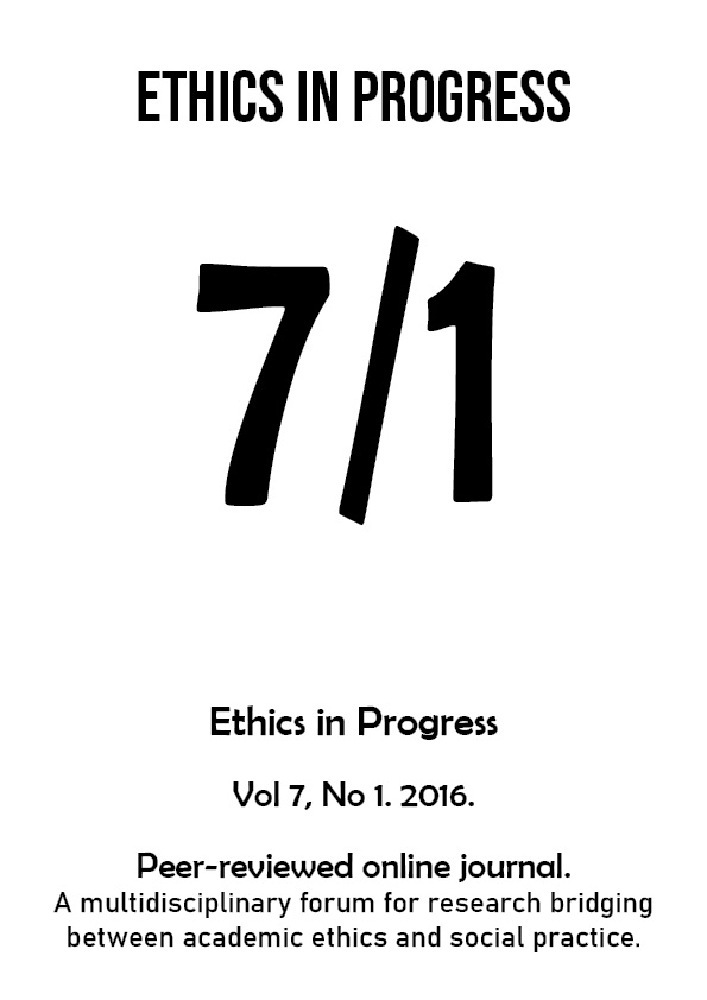Abstract
Forty-seven left-behind children (LB) and 40 non-left-behind children (NL) in rural China were interviewed to evaluate moral, conventional, and personal violations by providing judgments and justifications. The results suggested that both LBs and NLs differentiate the rules of moral, conventional and personal domains. However, there are some differences: 1. The NL considered it acceptable to commit a personal infraction when there was no rue prohibiting it, while the LB considered it wrong; 2. The younger male LBs were more willing to accept situations without moral psychological rules, compared with younger female LBs, older male LBs, and younger male NLs. Age, sex differences were also found. The one out of our expectation is that younger males considered it more acceptable to commit a personal infraction than older males did and believed it all right if there was no explicit rule on it. Meanwhile, in providing reasons to support their judgments or evaluations, the findings revealed that: 1. More often LBs referred to social conventional reasoning even when evaluating moral and personal rules and violations, especially on personal issues; 2. LBs used more justifications of punishment and fewer justifications of personal growth. The implications of the results of the study for children’s moral development and education, especially for LBs, are discussed.
References
All China Women’s Federation Research Group. 2013. “Research Report Into the Situation of Rural Left Behind Children and Rural to Urban Migrant Children.” China Women’s Movement, Vol. 6: 30–34.
Du Huanhuan. 2012. “The Difference in the Moral Development of Stay-at-Home Children in Rural Areas: With Foshan as an Example.” Academic Exploration, Vol. 7: 80–83.
Mullins, D. & M. S. Tisak. 2006. “Moral, Conventional, and Personal Rules: The Perspective of Foster Youth.” Journal of Applied Developmental Psychology, Vol. 27(4): 310–325.
Killen, M., N. G. Margie, S. & Sinno. 2006. “Morality in the Context of Intergroup Relationships.” In Killen, M. & J. Smetana (eds.) Handbook of Moral Development (pp. 155−183). Hillsdale, NJ: Lawrence Erlbaum.
Ming, W., S.. Su, X. Li, & D. Lin. 2014. “Positive Youth Development in Rural China: The Role of Parental Migration.” Social Science & Medicine, Vol. 132(1982): 261–269.
Mullins, D. & M. S. Tisak. 2006. “Moral, Conventional, and Personal Rules: The Perspective of Foster Youth.” Journal of Applied Developmental Psychology, Vol. 27(4): 310–325.
Nucci, L. P. 1981. “The Development of Personal Concepts: A Domain Distinct from Moral or Societal Concepts.” Child Development, Vol. 52: 114−121.
Nucci, L. P. & S. Herman. 1982. “Behavioral Disordered Children's Conceptions of Moral, Conventional, and Personal Issues.” Journal of Abnormal Child Psychology, Vol. 10: 411−426.
Su, S., X. Li, D. Lin, X. Xu, & M. Zhu. 2013. “Psychological Adjustment Among Left-Behind Children in Rural China: The Role of Parental Migration and Parent–Child Communication.” Child Care Health & Development, Vol. 39(2): 162–170.
Smetana, J. G. & J. L. Braeges. 1990. “The Development of Toddlers’ Moral and Conventional Judgments.” Merrill-Palmer Quarterly, Vol. 36(3): 329–346.
Smetana, J. G. 1988. “Adolescents' and Parents' Conceptions of Parental Authority.” Child Development, Vol. 59: 321−335.
Smetana, J. G. 2006. “Social–Cognitive Domain Theory: Consistencies and Variations in Children's Moral and Social Judgments.” In Killen M. & J. Smetana (eds.) Handbook of Moral Development (pp. 119−153). Hillsdale, NJ: Lawrence Erlbaum.
Smetana, J. G., M. Kelly, & C. T. Twentyman. 1984. “Abused, Neglected, and Nonmaltreated Children's Conceptions of Moral and Social–Conventional Transgressions.” Child Development, Vol. 55: 277−287.
Smetana, J. G., B. Bitz. 1996. “Adolescents' Conceptions of Teachers' Authority and Their Relations to Rule Violations in School.” Child Development, Vol. 67(3):1153–1172.
Tisak, M. S., J. Tisak, S. E. & Goldstein. 2006. “Aggression, Delinquency, and Morality: A Social–Cognitive Perspective.” In Killen, M. & J. Smetana (eds.) Handbook of Moral Development (pp. 611−629). Hillsdale, NJ: Lawrence Erlbaum.
Tisak, M. S. & E. Turiel. 1984. “Children's Conceptions of Moral and Prudential Rules.” Child Development, Vol. 55: 1030−1039.
Tisak, M. S. 1986. “Children's Conceptions of Parental Authority.” Child Development, Vol. 57: 166−176.
Tisak, M. S. & A. Jankowski. 1996. “Societal Rule Evaluations: Adolescent Offenders' Reasoning About Moral, Conventional and Personal Rules.” Aggressive Behavior, Vol. 22: 195−207.
Tisak, M. & J. Tisak. 1990. “Children's Conceptions of Parental Authority, Friendship, and Sibling Relations.” Merrill-Palmer Quarterly, Vol. 36: 347–367.
Turiel, E. 1983. The Development of Social Knowledge: Morality and Convention. Cambridge: Cambridge University Press.
Turiel, E. 2002. The Culture of Morality: Social Development, Context, and Conflict. Cambridge: Cambridge University Press.
Turiel, E. 2006. “Thought, Emotions, and Social Interactional Processes in Moral Development.” In Killen, M. & J. Smetana (eds.) Handbook of Moral Development (pp. 7−35). Hillsdale, NJ: Lawrence Erlbaum.
Wang, L. & M. Li. 2014. “The Situation and Reflection on Moral Education of Left-Behind Children in Rural Area.” Educational Research and Experiment, Vol. 6: 41–44.
Wen, M. & D. Lin. 2012. “Child Development in Rural China: Children Left Behind by Their Migrant Parents and Children of Nonmigrant Families.” Child Development, Vol. 83(1): 120–136.
Zhang, W. W. 2004. Transforming China: Economic reform and its political implications. New York: St. Martin’s Press.




